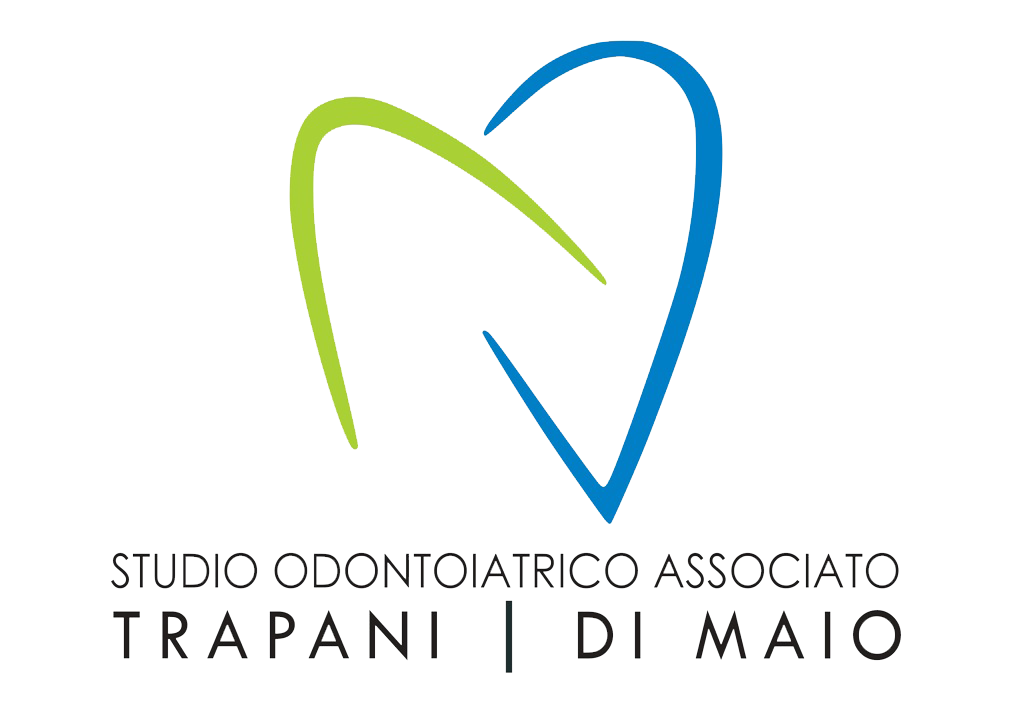Wisdom tooth extraction is a fairly common dental procedure, yet many myths and misconceptions still circulate about it, creating unnecessary fear and hesitation among patients. It is important to clarify these misunderstandings because such fears are often unfounded and may delay treatments essential for oral health.
In this article, we explore the most common myths about wisdom tooth extraction and explain what is true and what is not, according to modern dentistry.
“Wisdom tooth extraction is very painful” – FALSE
One of the most widespread fears is that the procedure is extremely painful. The reality is quite different: thanks to technological advances and modern anesthetic techniques, wisdom tooth extraction is now generally painless or only mildly uncomfortable.
The priority of dentists is always to ensure maximum patient comfort by adopting personalized and minimally invasive approaches.
“Wisdom tooth extraction is risky and can damage nerves” – FALSE
Another common misconception concerns the supposed risks of the procedure, particularly the possibility of nerve or blood vessel damage.
When performed by experienced professionals in well-equipped facilities, wisdom tooth extraction is safe—even in complex cases. If necessary, a 3D CT scan is used to plan the surgery with millimetric precision, minimizing risks and choosing the most suitable surgical technique.
“If wisdom teeth don’t hurt, you don’t need to worry” – FALSE
The absence of pain is not a reliable indicator of wisdom tooth health. Even without obvious symptoms, these teeth can still cause serious long-term issues such as:
Deep infections
Shifting of the dental arch
Damage to neighboring teeth
This is why it is crucial to undergo regular dental check-ups and radiographic evaluations to monitor the position and condition of wisdom teeth, even if they cause no discomfort.
“All wisdom teeth must be extracted” – FALSE
Not all wisdom teeth need to be removed. The decision to extract is made only after a thorough dental examination, considering several factors such as:
Tooth position (impacted or partially erupted)
Presence of infections or cavities
Possible damage to adjacent teeth
Functionality of the tooth itself
If the wisdom tooth is healthy, properly aligned, and functional, there is no need to remove it.
Final Thoughts
Facing wisdom tooth extraction with awareness and without irrational fears is the first step toward maintaining a healthy mouth and preventing future complications. The best advice is always to rely on a qualified dental practice, where clinical expertise and advanced technology work together to provide maximum safety and comfort.
Do you have doubts or symptoms related to your wisdom teeth? Book an appointment at Studio Trapani – Di Maio: we will carefully and professionally evaluate your situation

